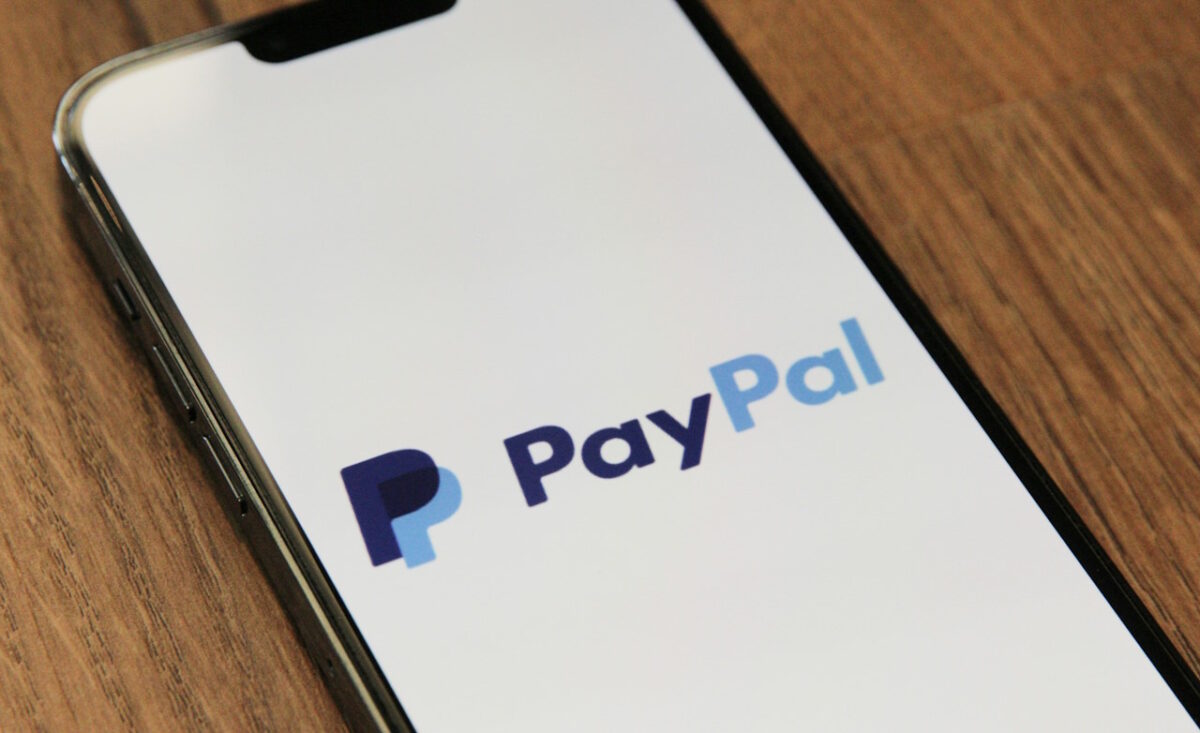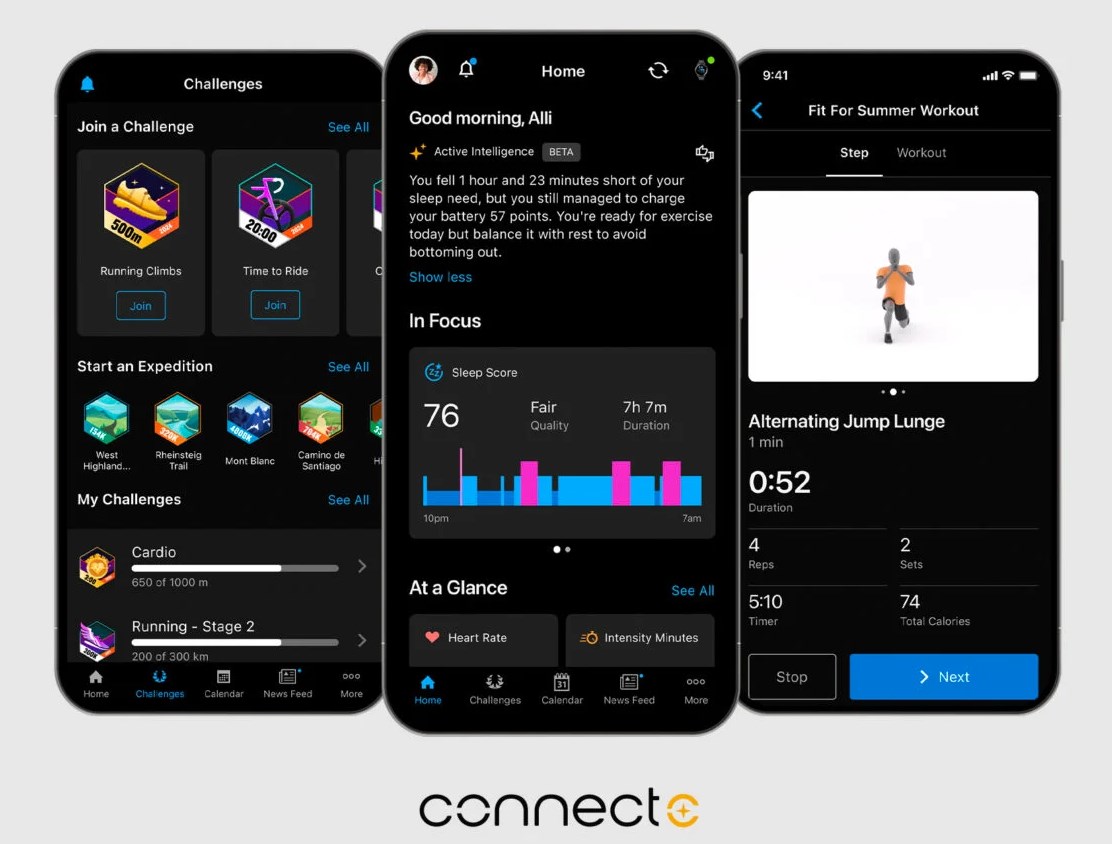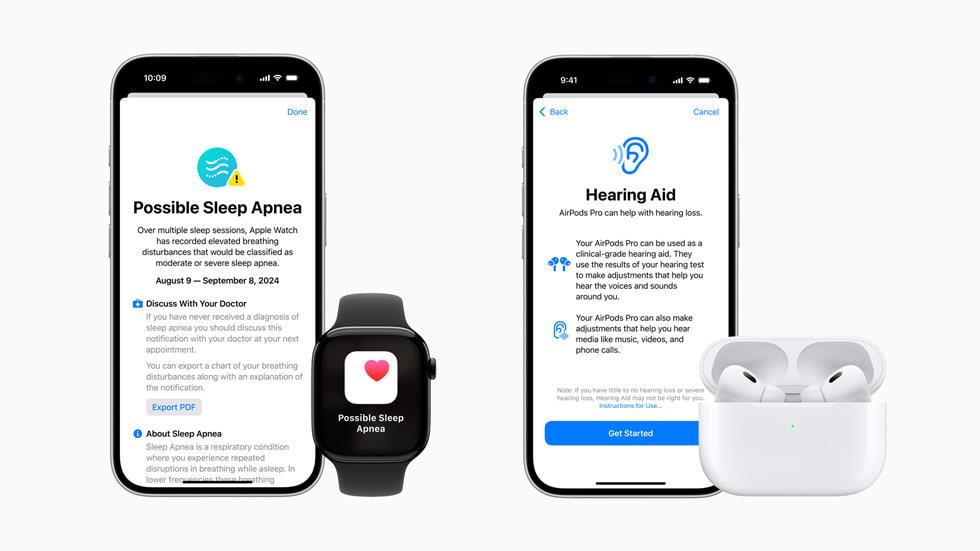How Verizon Wireless defeats your privacy and what you can do about it

Verizon Wireless is a large wireless telecommunications provider owned by Verizon Communications. It came to light last year that Verizon Wireless injects unique identifiers into web requests that company customers make on their devices.
The header is assigned to customer data plans and not devices that are being used which means that the tracking information will be the same regardless of device used to connect to Internet web pages.
Most privacy options that users have on their end are useless against this form of tracking. Cookie cleaning does nothing because it is a header that is tracking them and not a cookie. The same is true for Do Not Track features or script blocking for example.
It came to light yesterday that the situation is even worse as at least one advertising company is making use of the header to track users across the Internet.
Jonathan Mayer discovered that Verizon advertising partner Turn is using the Verizon Wireless header to keep track of Verizon customers on the Internet.

The advertising network reconstructs cookies created earlier with the help of the header which in turn means that clearing cookies has no effect on the user's privacy in regards to Turn.
While that is alarming enough for customers of Verizon, it does not end there. Turn participates in cookie syncing as well.
Cookie Syncing is a technique that companies use to share cookie information. According to Mayer, Turn sent information to over thirty businesses including Google, Facebook, Yahoo, Twitter and Walmart.
It is commonly used in real-time bidding so that bidders can place bids on individual users.
How to protect yourself
There are only a few things that you can do to protect yourself against this. You could switch to another wireless provider if possible, but there is no guarantee that they won't use a similar system to track you on the Internet.
The only options that work are VPNs or TOR. Virtual Private Networks are not free usually but there are some free options that offer limited bandwidth. Windscribe offers a free limited version that you can check out, and there are plenty of paid solutions that cost a handful of Dollars per month. Good providers include Private Internet Access or NordVPN).
A VPN encrypts your connection so that Verizon Wireless cannot tamper with it. It is also improving your privacy in other ways, for instance by protecting you from snooping attacks.
Android users can use an app like OpenVPN Connect to manage and use VPN connections on their device but also establish connections directly in the settings. Apple iOS users can set up a VPN right away as well.




















Mr. Brinkmann:
I appreciate the follow-up, thank you.
i
Mr. Brinkmann, hello!
Why and How did you select PureVPN as I am curious and because I highly Respect the products and services you use in real life!
i
Hi there. I tried a couple of services and stuck with it because it simply works for what I need it for. I use VPNs for two purposes mainly: when I’m traveling to improve the security of the connection and when I need to access contents that are geo-restricted. I don’t use it for other things, like massive downloads, p2p or gaming though.
As I said, it is best if you subscribe a month to a service that sounds interesting to test it and see if it meets your requirements. If it does, you can still subscribe for a year and save money doing so. If it does not, you test the next service and repeat the process until you find a suitable service.
Tor isn’t spelled TOR. It isn’t an acronym for anything (although it used to be The Onion Router before it became simply Tor.)
An interesting article on PCWorld : http://preview.tinyurl.com/nftyevl
I have been using F-Secure Freedome VPN on android for a few months and it’s fast and reliable. It is not free though, it’s 30 bucks for a year or 2.99 monthly.
I was just thinking about the fact nothing could be done concerning concerning tracking via assigned headers. But those headers do imply an external call, don’t they? Wouldn’t a concept made extension aiming to filter/block external calls (RequestPolicy, RequestPolicyContinued, Policeman) block such a header’s work? I may be naive, just trying to figure out the scheme.
its being done outside of your control – i.e it is being added by the ISP (“server-side?”) AFTER you send out the request. you have zero control over it except to encrypt the traffic your ISP sees
OK, got it. Well, should I encounter such an ISP’s behavior, should moreover that ISP be mine, should I on top of all that have no, or practically no alternative… that I’d get insane, like psychological claustrophobia or the like. A true feeling of imprisonment.
But, as always and as most of us, I’d manage, I guess, I hope.
Don’t know if my previous post got spam filtered or not but here’s a list of VPNs (both free and paid) that I recommend:
notepad.cc/share/hSMN6bfSmD
Too many links, it is there now.
Thanks. I’ve added a few more entries to the notepad.cc list including traffic-based VPNs for light users who prefer VPN access which does not expire.
Free VPNs:
VPNBook: https://www.vpnbook.com/
Review: https://vpnreviewer.com/free-vpn-vpnbook-com-review
More reading: https://vpnreviewer.com/vpnbook-honeypot-scam-service
FrootVPN: https://www.frootvpn.com/
Review: https://vpnreviewer.com/frootvpn-review
ItsHidden: http://www.itshidden.eu/
For people in Europe, ItsHidden offers a free PPTP VPN
More free options:
https://vpnreviewer.com/free-vpn-providers
———————————————————————-
Paid VPNs:
VPN.AC: https://vpn.ac/
Review: https://vpnreviewer.com/vpnac-review
Personal note: Ridiculously fast speeds like all the time. Consistently maxes out my 60 mbps connection. Use the coupon codes for great discounts; usually less than $50 / year. Best non-free VPN I’ve tried so far.
Private Internet Access: https://www.privateinternetaccess.com/
Review: https://vpnreviewer.com/private-internet-access-review
Personal note: This is the VPN I used before discovering VPN.AC. Also great speeds and slightly cheaper.
Kaspersky Internet Security blocked FrootVPN’s purchase link: https://i.ibb.co/2kthwjk/image.png
Kaspersky online scanner warned the same:
https://i.ibb.co/Q8Z8LZX/image.png
another vpn.ac user here, can vouch for them. 60 mbps you say. How about 150? that’s what I’m getting.
Amazing that a company has the nerve to proceed to tracking so deliberately, so cynically. If there is a legitimate call for boycott it is for sure of companies proceeding as Verizon. This is a true shame.
Concerning a VPN alternative, be it PureVPN or others, is there a guide on VPN as a whole anyone would advise?. I am confronted to several questions, like for instance DNS provider (taken care of by VPN or does mine do the job, in which case DNS leaking issues), on/off VPN switch, country/I choice etc etc … PureVPN seems interesting but there are so many VPN providers on the market that it is really tough to make an objective choice. One thing seems certain : free VPN services should be avoided.
As to the amazing part … nothing amazing about it … most Americans only have a choice of one ISP (maybe 2). AT&T was also doing this but backed off – no doubt once Verizon has tested the waters and gotten away with it (and I can guarantee that the NSA/FBI/CIA etc like it), AT&T will resurrect theirs and then the argument will be basically lost. And then, god forbid, it will creep into other telco’s around the world (probably already is).
Well thanks, Pants.
“A final option is that you might operate your VPN in Tunnel Mode” : this is basically what I’d choose, moreover because I always thought VPN meant a tunnel mode as such. I ignored there could be several options. One reason more to be very cautious if/when I opt for a VPN. As Martin wrote here whatever the choice always better to try/test the service on the shortest plan available (when service is not free of course).
Here in France we have several ISPs and I doubt, not that they be talkative when applicable, but that they decide to be as dishonest as a Verizon or AT&T should the latter regret the opportunity.
I do use here encrypted DNS calls (DNSCrypt) and resolve with OpenDNS or DNSCrypt.eu and this also why I was wondering of compatibility/issues with a VPN. I’m starting to get the idea, only starting …
copypasta from zee internet:
Depending on how your VPN is configured, you might or might not use the same DNS for your VPN and for Internet. VPN’s are (typically) like an additional IP stack on your system, and can have a separate DNS server address configured. But not all systems do this.
If your VPN does not assign a new DNS for the VPN session then you will continue to use the DNS server(s) configured in your main Internet IP Stack. This can present a problem if the external DNS cannot resolve internal addresses (or as you indicate, if you don’t want internal addresses to be known externally).
If your VPN does assign a new DNS – for example by using DHCP option 6 “DNS Server” – then you can have different DNS servers for the VPN and for Internet. Your OS must support this, as must the VPN service. If you send traffic out both stacks at once this would be “Split Mode”.
A final option is that you might operate your VPN in Tunnel Mode, sending all communications (including Internet) through the VPN stack. In this case, when you are on the VPN all DNS would use the VPN’s DNS. This is probably the most secure way since all internal traffic is sure to stay in the VPN.
I prefer to use OpenDNS servers:
They are:
208.67.222.222
208.67.220.220
I have this configured in my router so all DNS requests go to OpenDNS regardless of OS, or it doesn’t go through at all, which pretty much never happens since I have yet to witness OpenDNS go down even for a little bit. You can also use OpenDNS on your phone and other devices for when you are not connected through your own router:
https://support.opendns.com/forums/21768890-Smart-Devices
Now DNS leaks are impossible even if your VPN goes down, since all requests fallback to OpenDNS, LLC.
More on DNS leaks: https://vpnreviewer.com/dns-leak-fix
Thanks Martin.
I had bad feelings as it is, changing to Verizon, but now I don’t plan to renew. Do you mind making an article comparing VPN services? There are a few articles floating around the web, but trustworthy source is always welcome.
If you want pretty comprehensive VPN comparisons, check for the annual report at torrentfreak
I know that feeling but it is quite time-consuming to compare VPN services and I don’t have that time right now unfortunately. One suggestion that I have is to sign up for a provider for a single month to test it before you make a longer commitment.